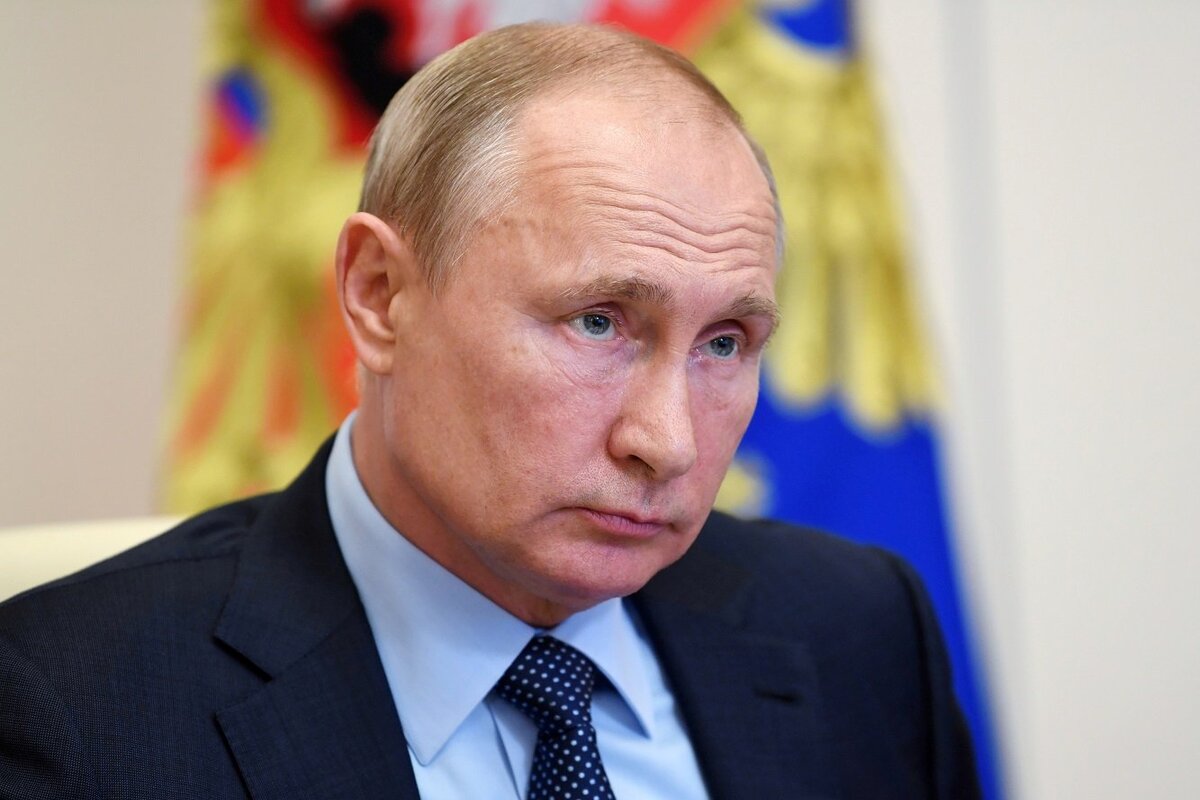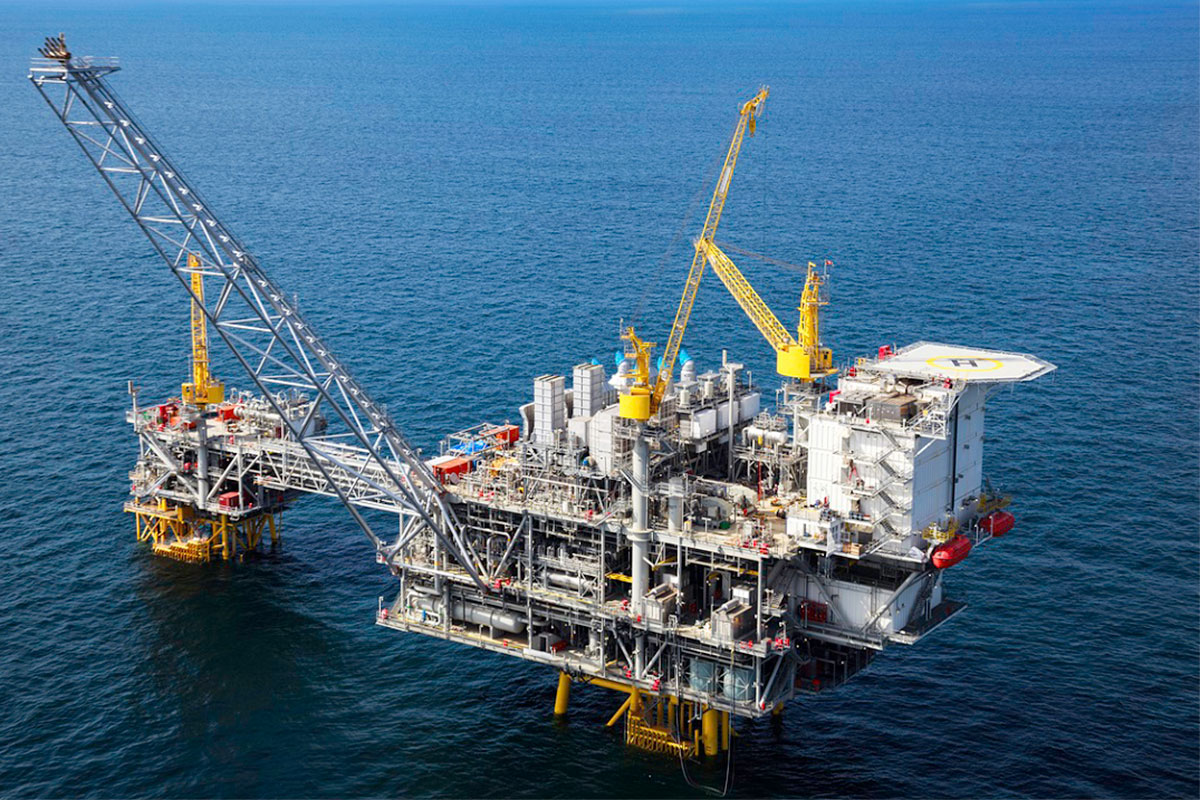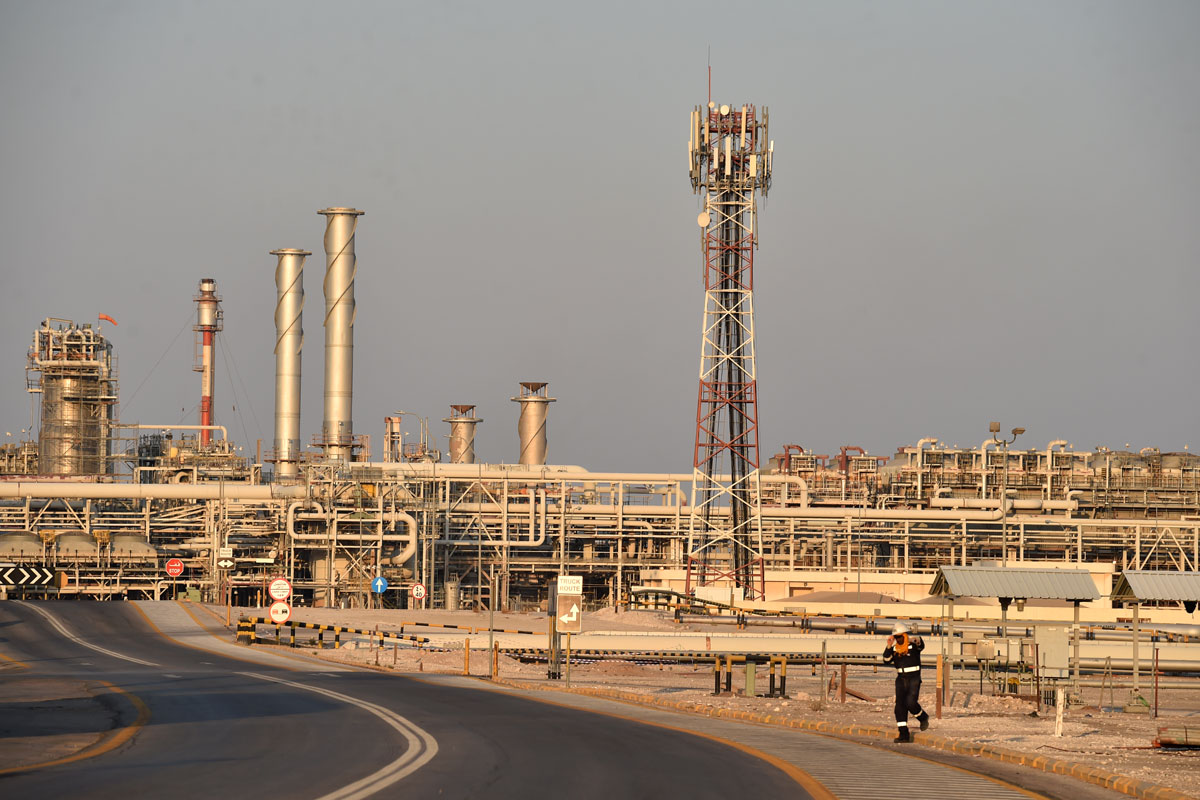Setback to OPEC
In an unexpected move, Angola has decided to part ways with the Organisation of Petroleum Exporting Countries (OPEC), sending ripples through the intricate web of global oil alliances.

In an unexpected move, Angola has decided to part ways with the Organisation of Petroleum Exporting Countries (OPEC), sending ripples through the intricate web of global oil alliances.

At the heart of the matter is the quest for stability in global oil markets.

According to Russia's central bank, crude oil exports accounted for Euro113 billion in 2021, on top of the Euro70 billion earned from refined products, such as gasoline and diesel.

The West Texas Intermediate for November delivery increased 1.24 US dollars, or 1.4 per cent, to settle at 87.76 dollars a barrel on the New York Mercantile Exchange. Brent crude for December delivery added 1.57 dollars, or 1.7 per cent, to settle at 93.37 dollars a barrel on the London ICE Futures Exchange.

OPEC+ said on Wednesday that it will slash oil production by 2 million barrels per day, the biggest cut since the start of the Covid-19 pandemic, media reports said.
Oil prices rose more than 1 per cent on Tuesday after declining to a nine-month low a day earlier, amid the hint that the Organization of the Petroleum Exporting Countries (Opec+) -- the producer alliance -- may go for output reductions to prevent further collapse in prices.
In a statement on Sunday, the cartel announced that Iraq, Kuwait, Russia, Saudi Arabia and the UAE would see their limits rise.
Pradhan flagged concerns over the increasing crude oil prices and its impact on consumers as well as on smart economic recovery.
The oil cartel and its allied nations agreed to add back some 2 million barrels per barrel per day of oil production from May to July.
India has been hit hard by soaring oil prices and urged producers to ease the output cut to back the global economy to recover.
